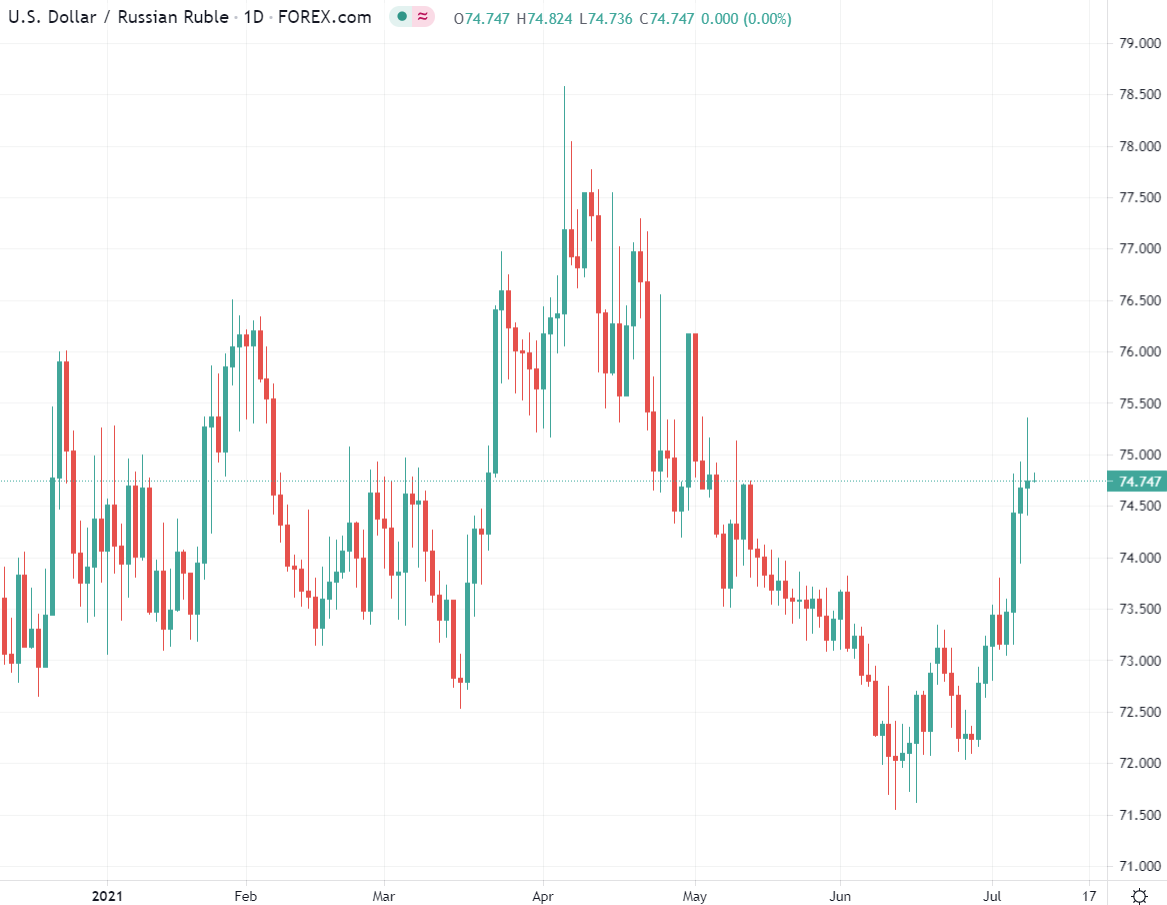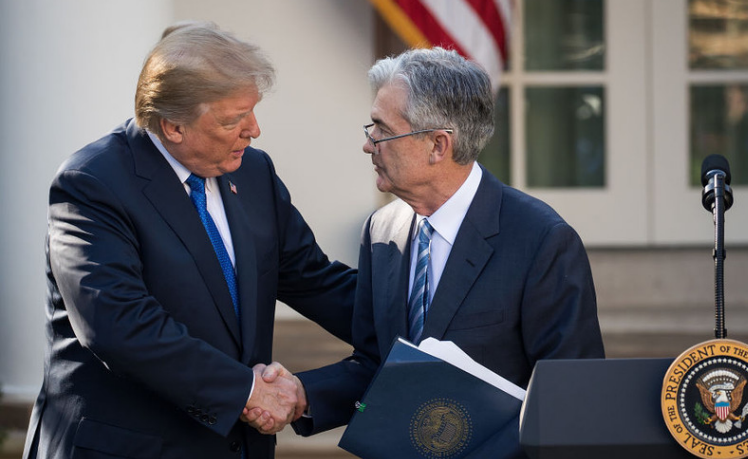Russian economy ministry issues revised forecasts
- 2021 GDP growth forecast up to 3.8% from 2.9%
- lifts Urals oil price forecast to $65.9/bbl from $60.3/bbl
- 2021 inflation forecast to 5% from 4.3%
- 2021 capital investment growth forecast to 4.5% from 3.3%
- 2021 average dollar/rouble rate to 72.8 from 73.3 seen in April
The ministry comments on the higher forecasts:
- We see the economy is recovering faster than we had expected
- Our experts say the economic recovery potential is not exhausted yet
- We all realise that the rouble price should be different at oil prices of $75 per barrel
- current rouble weakness blamed on sanction risks, OPEC+ uncertainty around global oil output.




 I just finished reading Walter A. Friedman’s Fortune Tellers: The Story of America’s First Economic Forecasters (Princeton University Press, 2014), which I highly recommend. Readers will probably be familiar with some of the main characters, but in a depersonalized form—for instance, Babson action/reaction lines and Moody’s Investors Service. Other characters, such as Herbert Hoover and Irving Fisher, are rescued from the one-sided simplifications of history—failed president during the Great Depression, false prophet who claimed just prior to the 1929 crash that the stock market had reached “a permanently high plateau.”
I just finished reading Walter A. Friedman’s Fortune Tellers: The Story of America’s First Economic Forecasters (Princeton University Press, 2014), which I highly recommend. Readers will probably be familiar with some of the main characters, but in a depersonalized form—for instance, Babson action/reaction lines and Moody’s Investors Service. Other characters, such as Herbert Hoover and Irving Fisher, are rescued from the one-sided simplifications of history—failed president during the Great Depression, false prophet who claimed just prior to the 1929 crash that the stock market had reached “a permanently high plateau.”